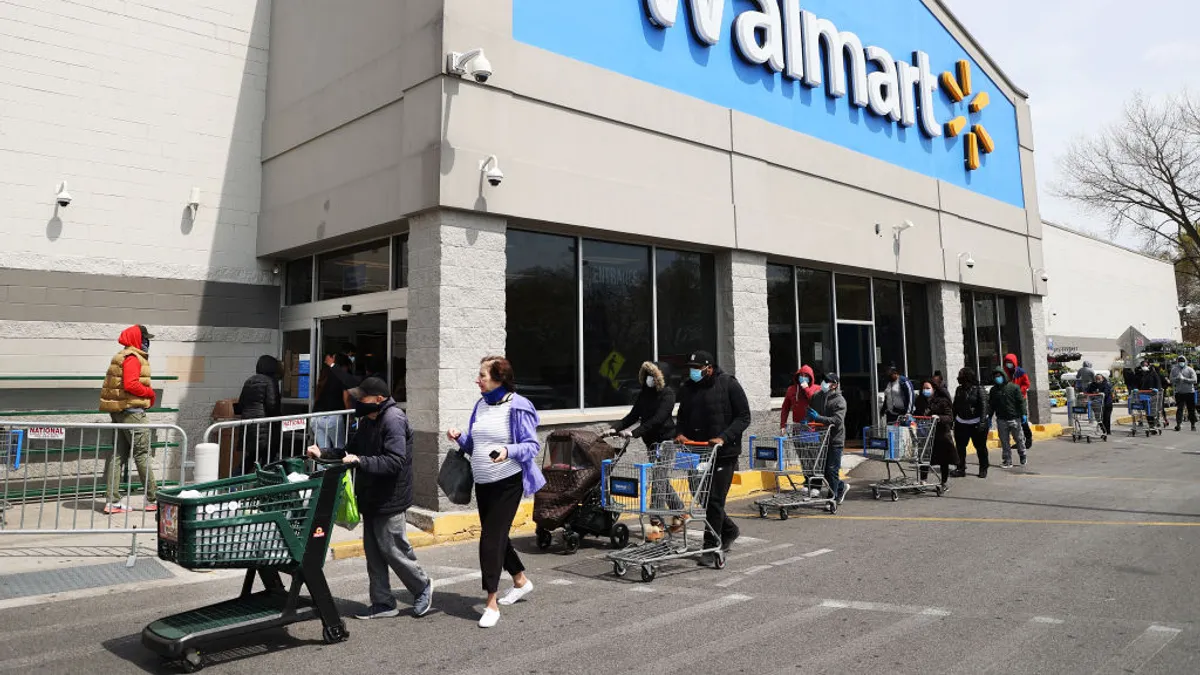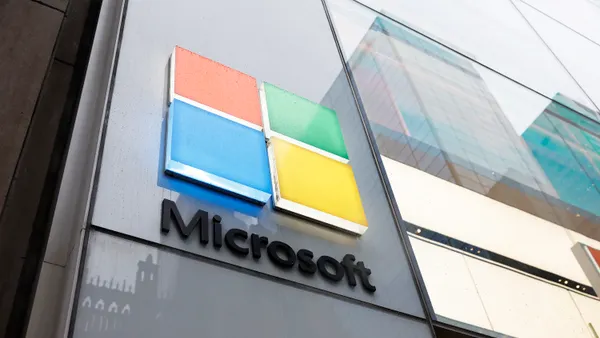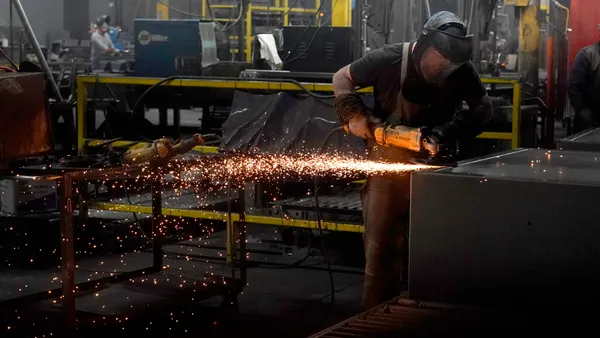Job openings fell 1.1 million in August, according to the U.S. Bureau of Labor Statistics Job Openings and Labor Turnover report. That represents the largest one-month drop since the early months of the pandemic, according to ZipRecruiter Chief Economist Julia Pollak — and may signal a coming slowdown in hiring.
Retail and healthcare led the decreases, BLS data showed — two industries with noted staffing problems and increasing recessionary risks. Industries especially impacted by rising interest rates, lower stock prices or a strong dollar may also see more intense hiring slowdowns, Pollak said in a statement emailed to HR Dive.
Despite ongoing hints toward a recession, companies are still feeling the talent crunch, Pollak said, as monthly hires and quits still remain “well above” pre-pandemic norms. A report from Employ Inc. published last month showed that while positions are filling fast, 69% of recruiters surveyed said hiring will be difficult for the rest of the year and half said they don’t believe there will be enough talent to fill open roles.
In reaction, employers may be opting to “hoard” labor even as demand slows to avoid shedding the money spent trying to hire talent in the first place, various reports have said. And workers may be increasingly willing to stay put at their current jobs, a Joblist report said, especially as economic fears ramp up. Only 36% of job seekers surveyed said they planned to quit their job within the next six months, compared to 73% in August 2021.
Workers will likely continue to have power in the market even if a true recession hits, executives have said, due to macroeconomic levers that have tightened up the workforce, such as an aging population, tight immigration controls and the allure of gig work.













